Leon I. Igel, MD, FACP, an American Board of Obesity Medicine (ABOM) Diplomate, answers questions regarding the importance of an obesity medicine physician.
What unique skill set can the obesity medicine physician bring to the bariatric surgical setting?
The obesity medicine physician plays a multifaceted role as part of the bariatric surgery team. They can assist pre-operatively in providing medically-supervised weight management and optimizing patient health to mitigate surgical risks. Obesity medicine physicians also follow closely post-operatively to provide comprehensive long-term care and support. Treatment of insufficient surgical weight loss and post-operative weight re-gain is an area of focus in my practice that can help to augment the outcomes from each bariatric surgery procedure.
What impact can the obesity medicine physician have on patient outcomes?
It is important for bariatric surgeons to work closely with obesity medicine physicians pre-operatively for health optimization, as well as post-operatively to assist with overcoming weight plateaus, maintaining post-operative weight loss and fostering additional weight loss in circumstances where surgery does not yield optimal results. This can help each patient to achieve the best possible outcomes. In these situations, obesity medicine physicians have a skillset and knowledge that primary care physicians may not possess.
Have you had the experience of working with a bariatric surgeon?
I have had the privilege of working closely with excellent bariatric surgeons. We have a symbiotic clinical relationship in terms of patient care, but also with respect to research endeavors. By analyzing our data collectively, we strive to provide the highest quality evidence-based care for our patients.
What is the value of working with an ABOM Diplomate specifically?
While many practitioners may consider themselves experts in the field of obesity medicine, ABOM certification signifies that the physician has undergone rigorous training and testing to qualify for diplomate status. Working with an obesity medicine physician that is an ABOM diplomate ensures that patients are receiving the highest quality care when it comes to their weight management needs.
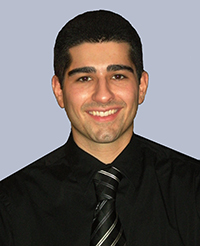
Leon I. Igel, MD, FACP is an Assistant Professor of Clinical Medicine at Weill Cornell Medical College and an Attending Endocrinologist at New York-Presbyterian Hospital/Weill Cornell Medical Center. Dr. Igel specializes in the care of patients with obesity and a broad spectrum of endocrine conditions. He works at Weill Cornell Medicine’s Comprehensive Weight Control Center, emphasizing a multidisciplinary approach to managing patients with obesity, and providing evidence-based, compassionate clinical care.
Dr. Igel was born and raised in New York City. He graduated with honors from Tufts University and subsequently spent two years at Harvard University in the Health Careers Program, ultimately receiving a diploma in Premedical Studies. Dr. Igel graduated from the Albert Einstein College of Medicine in 2010 with an M.D. degree with special distinction in Endocrinology, Diabetes & Metabolism. He completed his Internal Medicine residency at New York-Presbyterian/Weill Cornell Medical Center in 2013, where he served as ambulatory chief resident. In 2015, he completed a combined Endocrinology, Diabetes & Metabolism fellowship at New York-Presbyterian/Weill Cornell Medical Center, Memorial Sloan Kettering Cancer Center, and the Hospital for Special Surgery.

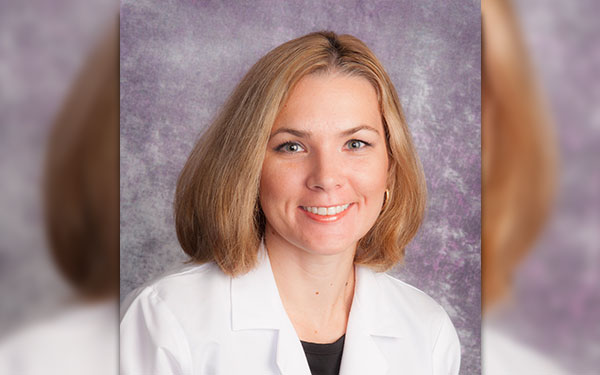
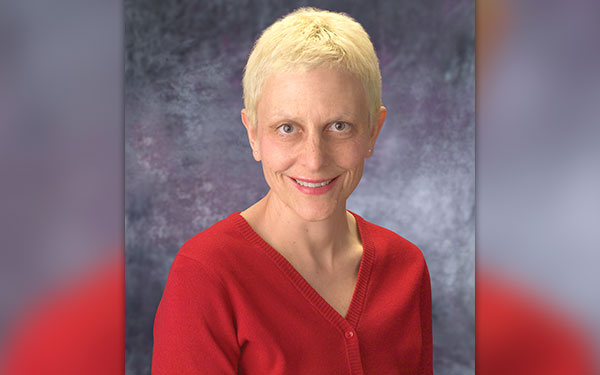
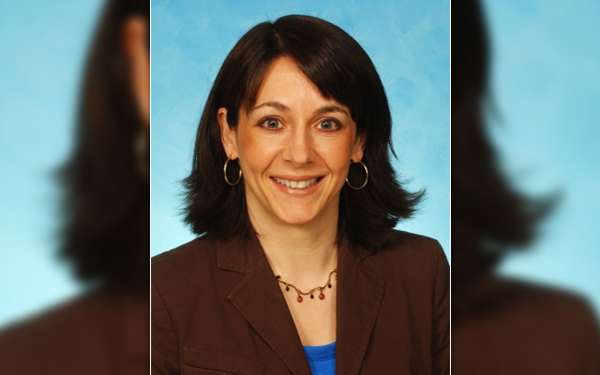

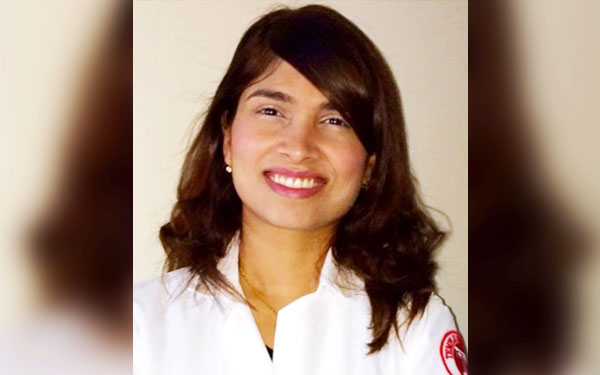
Leave A Comment
You must be logged in to post a comment.